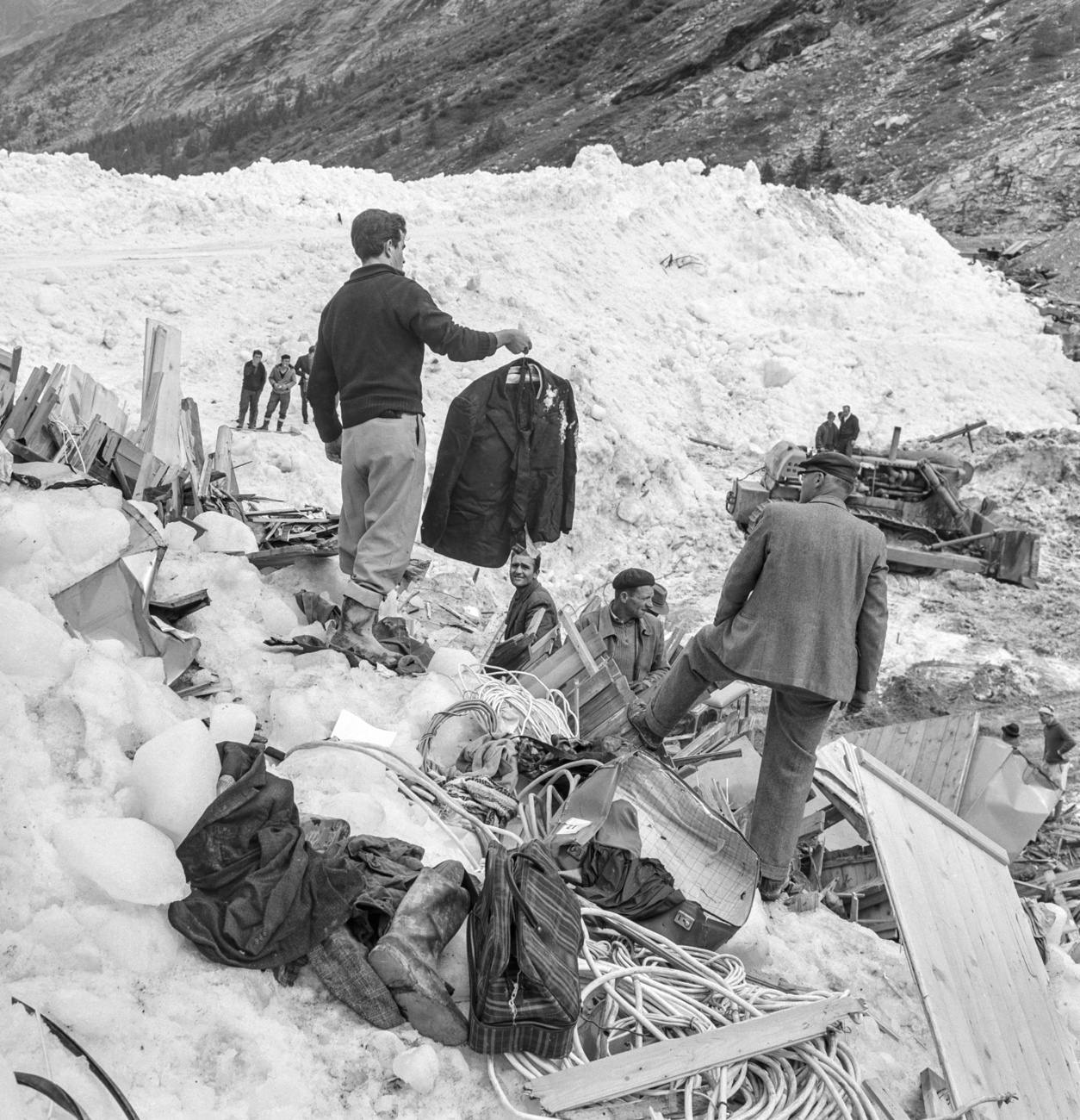
Blog boom skirts Switzerland

Internet journals, commonly known as weblogs, have been springing up in many parts of the world, but have yet to catch on in Switzerland.
Experts believe the reserved Swiss are missing the boat because they are reluctant to bare their souls to the outside world.
A blog or weblog is essentially a personal journal that is available on the web. For the uninitiated, the activity of updating a blog is known as “blogging”, while someone who keeps a blog is a “blogger”.
Blogs are typically updated daily using software that allows people with little or no technical expertise to maintain a presence on the web.
One of the best-known bloggers, who goes under the pseudonym “Salam Pax”, is a 29-year-old Iraqi architect, who posted accounts from Baghdad on the war, his homosexuality, his friends and life after the fall of Saddam Hussein.
His weblog sparked a flood of media interest and even led to a book, “Salam Pax: The Clandestine Diary of an Ordinary Iraqi”.
Swiss miss out
The blogging phenomenon has made few waves in Switzerland, even though the country boasts 48 regular internet users for every 100 inhabitants.
“Only a few people here understand the term weblogs,” says Roger Fischer of Zurich-based Kaywa, which hosts around 350 blogs on its servers.
He puts the total number of blogs in Switzerland at around 1,000. Software maker Perseus Development estimated in late 2003 that there were around four million blogs worldwide.
Martin Hitz, the former head of the online edition of the “Neue Zürcher Zeitung”, has been running a blog for the past 18 months.
At the internet address www.medienspiegel.ch he collects information on changes in the Swiss media landscape. Around 4,500 surfers visited his blog last month.
Hitz points out that in the United States there are countless bloggers – estimates put the number at two to five per cent of the population.
“The Swiss probably feel they have less of a need to talk to other people than the Americans. It’s possible that our reserve stands in the way of a Swiss blog boom, because you have to expose yourself in a blog.”
Personal journals
Anyone who clicks their way through Swiss blogs will mostly come upon journals in which people document their daily lives.
They talk about problems with their ex-girlfriend, discuss their children or download pictures of family get-togethers.
Even the violent hailstorm that swept across Zurich earlier this month was captured several times on digital cameras and loaded onto blogs.
In contrast to a website, users without any knowledge of web design can run a blog and keep it up to date thanks to special blogging software.
“I’m amazed that the Swiss blogging scene isn’t more lively,” says Mario Purkathofer, who lectures on new media at Zurich’s Technical School for Design and Art.
“Because of the density of internet access, the country should be playing a pioneer role.”
Write the news
One theory has it that bloggers are unhappy with conventional media and therefore seek out information from weblogs. The next step could be that bloggers write the news themselves.
“We are talking about participative journalism,” explains Hitz, who is currently studying the issue.
“Traditional media should take this development seriously… In the long-term, weblogs could contribute to a further fragmentation of their audience,” he says.
But Purkathofer at the Technical School for Design and Art feels the medium is unlikely to pose a serious threat.
“Bloggers have no mandate like public broadcasters. Blogs are switched on when a story is hot and fizzle out when interest wanes,” he says.
swissinfo, Philippe Kropf
There are about 1,000 weblogs in Switzerland.
The blog boom is taking place mainly in the United States and Brazil but also in Poland.
Pax Salaam is the most renowned blogger who reported from Baghdad about the Iraq war.
A blog is basically a journal available on the web.
In the United States where weblogs (blogs) originated, two to five per cent of the population blog.

In compliance with the JTI standards
More: SWI swissinfo.ch certified by the Journalism Trust Initiative






































You can find an overview of ongoing debates with our journalists here . Please join us!
If you want to start a conversation about a topic raised in this article or want to report factual errors, email us at english@swissinfo.ch.